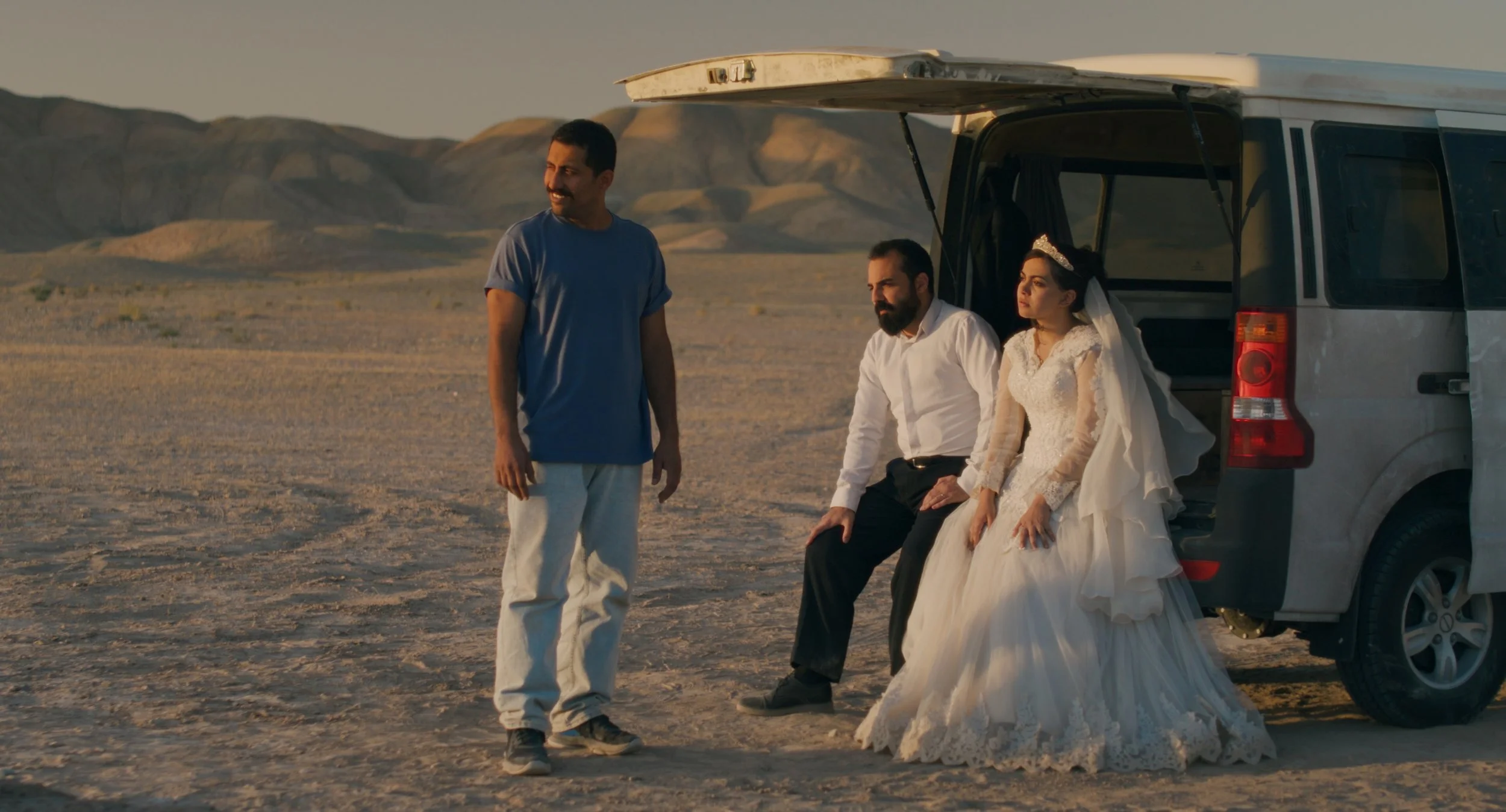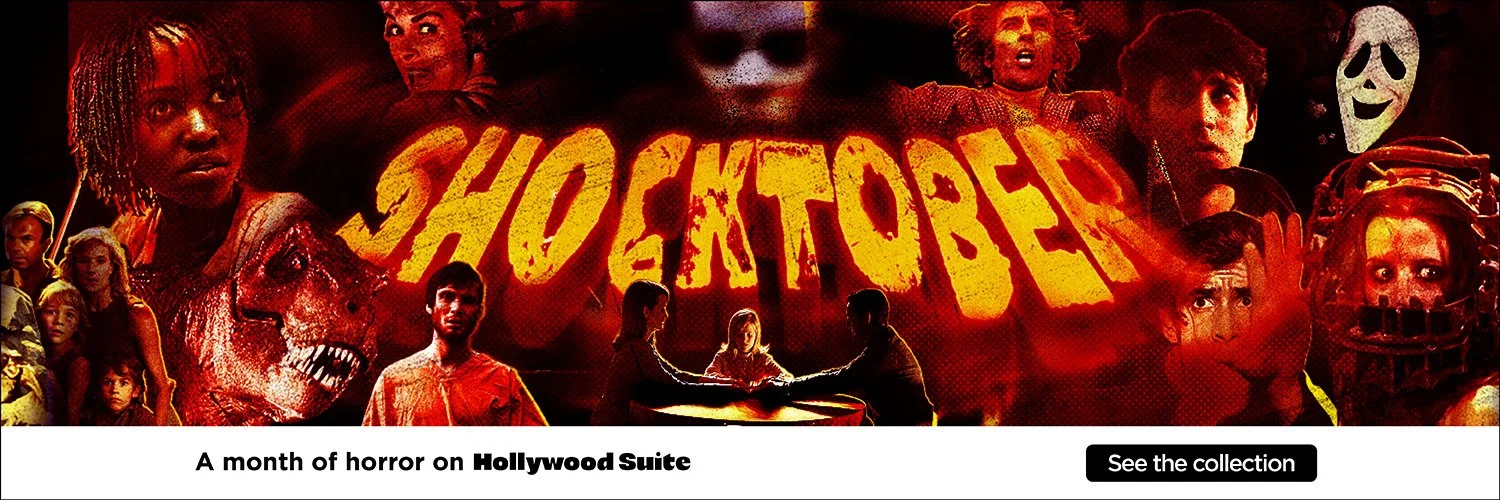It Was Just an Accident: A Profound Movie Asking Big Questions About Morality
By Karen Gordon
Rating: A
Iranian director Jafar Panahi’s It Was Just an Accident won the Palme d’Or at this year’s Cannes Film Festival, and for good reason. It’s one of the year’s best. Built around a moral question, the film is complex, intelligent, and relatable.
Panahi is a master, who makes films about darker subjects that are nevertheless light and enjoyable. Seeded with vibrantly drawn characters, It Was Just an Accident is a hybrid: part tragicomedy, part road movie, and part revenge thriller.
The film starts with a sweet scene. A mom, dad, and young daughter are driving home along a country road. The relationship between them is casual and affectionate. But in the dark the car hits a dog, and that accident damages the car’s engine.
It’s closing time for the businesses. Luckily the father, Eghbal (Ebrahim Azizi) finds an open mechanic’s shop. A worker offers to help him with his car. But upstairs, his co-worker Vahid (Vahid Mobasseri), who is preparing to head home for dinner, is stopped in his tracks. His attention is drawn by the sound of Eghbal’s shuffling gait. It is a sound he can’t forget.
Vahid follows Eghbal home and the next day, kidnaps him and drags him out to the desert where he plans to bury Eghbal alive. Panahi keeps the scene simple and spare, but it’s deeply unsettling.
Vahid believes that Eghbal is the man who tortured him years earlier in the notorious Evin prison; traumatizing him, destroying his life, his marriage, his job, and he’s never been able to completely recover what was lost.
Vahid was blindfolded during the torture sessions, and so never saw the face of his torturer, but remembers the distinctive dragging sound of his torturer's walk. Eghbal pleads for his life, insisting that Vahid has the wrong man.
There’s enough uncertainty in Vahid’s mind that he stops. He throws the bound and gagged Eghbal into the back of his truck and decides that he needs validation. He wants to talk to other victims of the torturer nicknamed Peg Leg to help him feel certain about the man’s identity.
This is a quest that no one is happy to help him with.
That group starts with the strong-willed Shiva (Mariam Afshari), a wedding photographer who is on the job and initially doesn’t want anything to do with Vahid or to think about what happened to her in Evin prison.
But once that door to the past is open, it doesn’t close easily. And soon she, and the couple she’s taking pictures of — bride-to-be Goli (Hadis Pakbaten) in her wedding dress and her fiancé Ali (Majid Panahi) —are in Vahid’s van. Shiva and Goli were both victims of Peg Leg, and soon they’ve collected another former torture victim, Hamid (Mohamad Ali Elyasmehr).
The group drives around the city and into the countryside outside of Tehran, trying to figure out whether Eghbal is their torturer, and if so, what to do with him.
So, what will Panahi have his characters do? With Eghbal in the van, they have the power now, and as a group, enough pain to share to perhaps justify the worst. The group drives around debating and dealing with some situations that come up that throw a different light on things.
Panahi says that part of the inspiration for the film came from his own time in Evin prison in 2022. This was not his first encounter with the regime. But in that period, he was imprisoned for seven months and released after he went on a hunger strike, and possibly because of international pressure. He says the film is partly based on stories he heard while in prison.
Despite his first-hand experience and what’s hinted at in the discussions between all the people who were subjected to torture, Panahi keeps this light, and almost comic at times. The gravity of what they’re considering recedes into the background for a while as we get to know the different characters.
Panahi also clearly loves his country. He loves the Iranian people, the culture, the courtesies, the struggles and all of this is woven into the time we spend with this group. They’re so well-drawn that by the time the film ends, we’re sorry to leave them.
Of course, at its core, It Was Just an Accident is a profound movie that asks big questions about morality, about justice. The people in the van have the power of life and death over someone who, if he is their torturer, has crossed every moral and human boundary for nothing.
There are no reasons for what they were put through. There are big ethical questions that hang over the film, and even when we know who Eghbal is, the questions of what we would do with that knowledge stays with us.
It Was Just an Accident. Written and directed by Jafar Panahi. Starring Vahid Mobasseri, Ebrahim Azizi, Marian Afshari, Hadis Pakbaten, Majid Panahi, and Ali Elyasmher. In theatres October 24.


